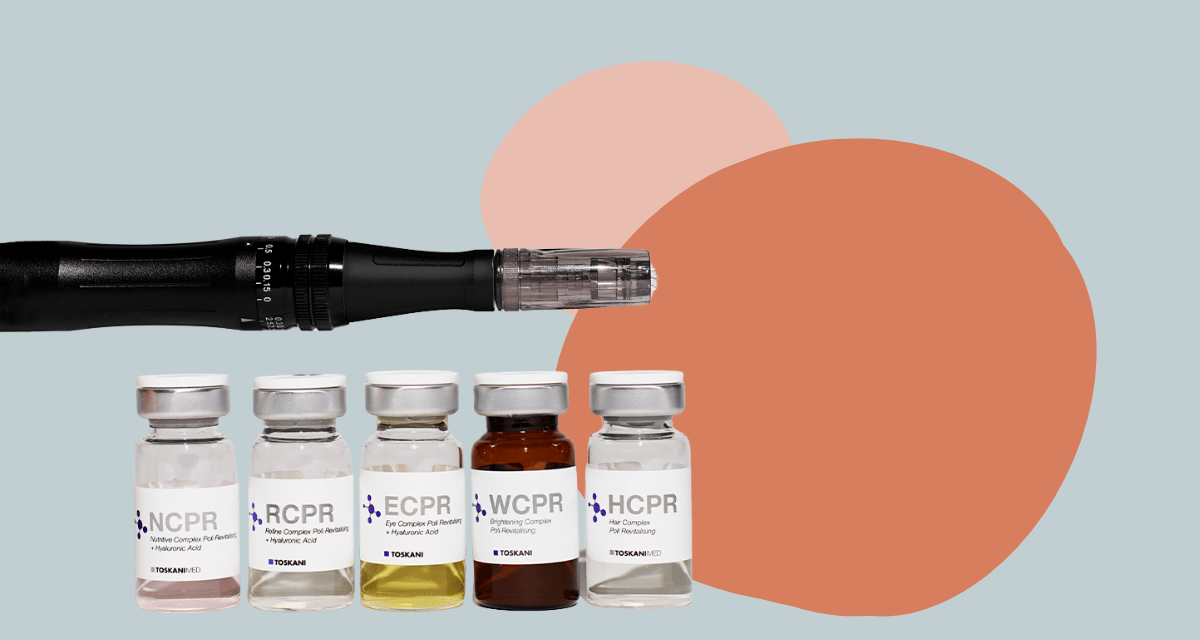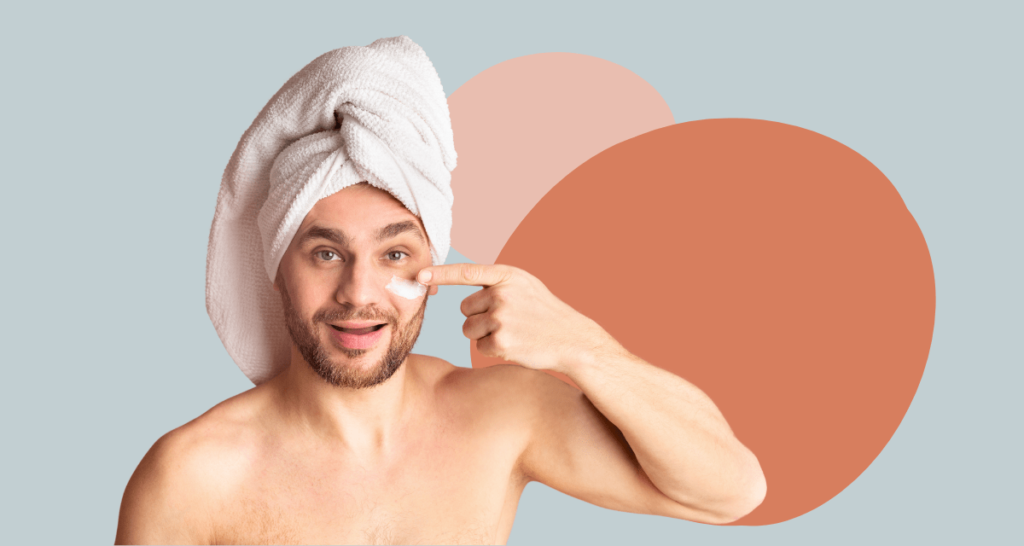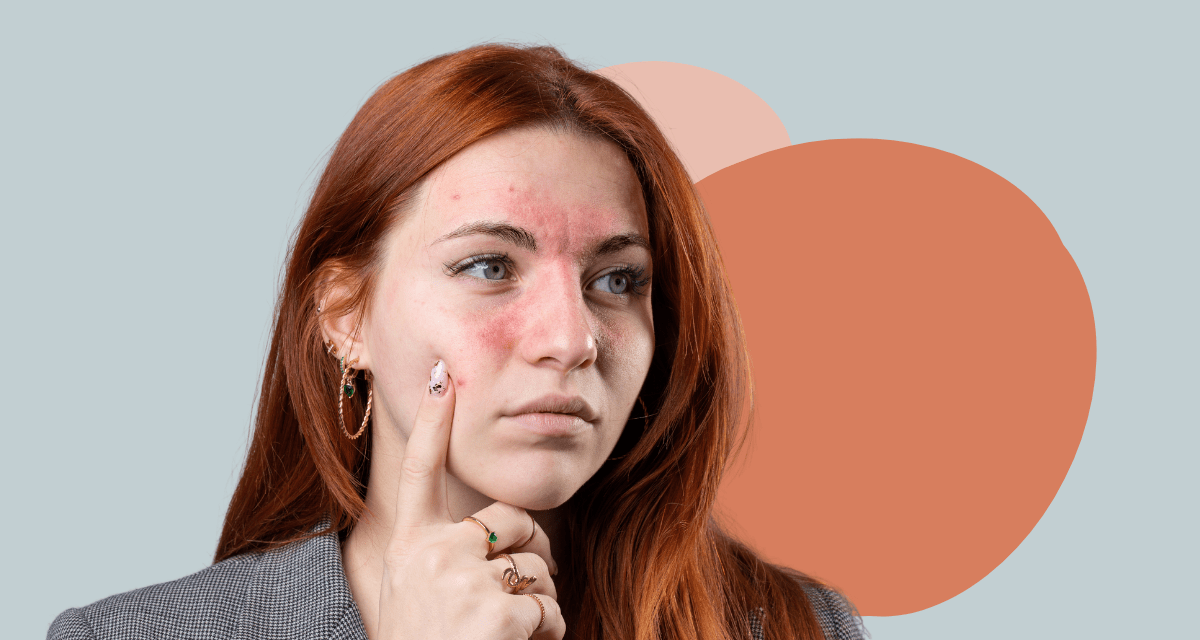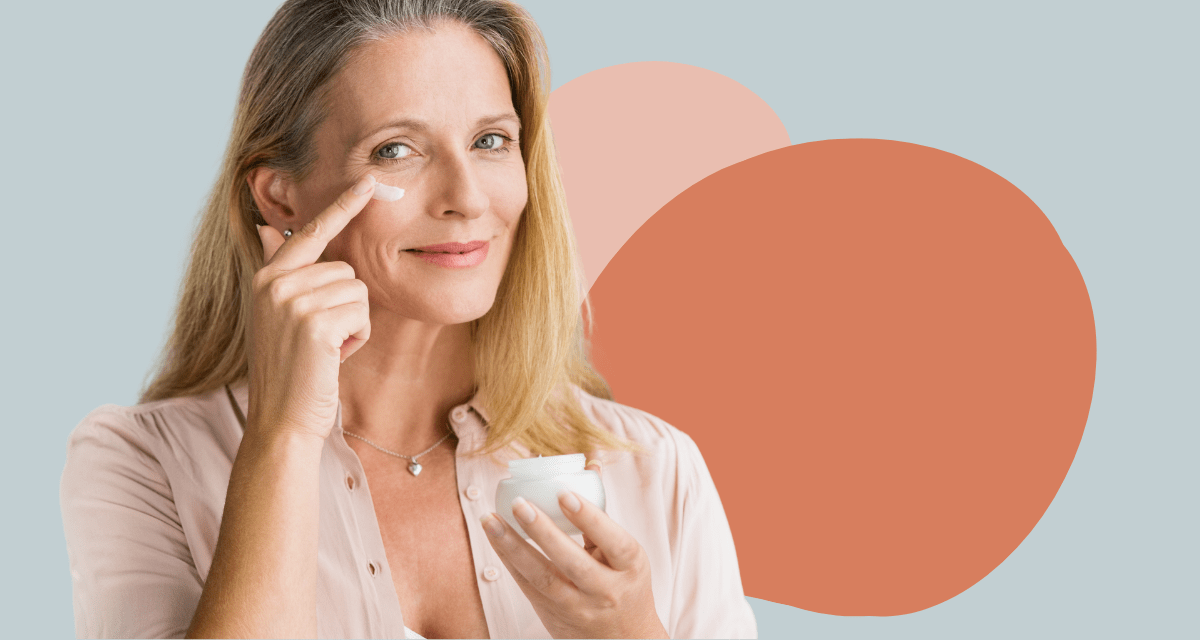
Unlock Radiant Skin with Toskani Clinical Mesoneedling
In the ever-evolving world of skin rejuvenation, Toskani Clinical Mesoneedling stands out as a game-changer. This advanced treatment goes beyond

In a society where skincare often seems tethered to femininity, with aisles of products and regimes designed to pamper, treat, and maintain a youthful appearance, men’s skin health frequently takes a backseat. Yet, ignoring skin health due to outdated perceptions of masculinity can lead to severe consequences, including premature ageing, severe acne, and increased risk of skin cancer.
Here’s why skincare should be viewed as a vital part of everyone’s daily routine, regardless of gender.
Men’s skin is fundamentally different from women’s, thanks to higher levels of testosterone, which profoundly affects skin and hair. While it promotes hair growth, testosterone can contribute to severe acne during puberty and beyond. The increased hair follicle activity can also complicate skin health, leading to unique issues such as rosacea, folliculitis, or skin oiliness exacerbation.
Men’s skin is about 25% thicker than women’s due to higher collagen density, offering some natural protection against early signs of ageing. Collagen depletion occurs naturally in both genders as they age. However, because men produce testosterone continuously – which doesn’t plummet like estrogen in menopausal women – their collagen density remains higher for longer. This decelerates the visible signs of ageing but doesn’t fully shield against other skin damages, particularly those caused by environmental factors such as UV exposure.
Moreover, men’s skin tends to produce more sebum due to larger oil glands, which makes the skin oilier and more prone to acne and other forms of congestion well beyond the teenage years. This natural oil production, while sometimes seen as a nuisance, does have its benefits – it keeps the skin naturally moisturised and can delay the appearance of fine lines and wrinkles.
However, this doesn’t grant immunity against other skin concerns such as sun damage, dehydration, or skin cancer, which are prevalent due to lifestyle and environmental exposures. According to research commissioned by the Australian Cancer Council, less than half of Australian men (49%) regularly seek shade during summer, and only 29% regularly use sunscreen. This lack of protection is alarming, especially considering that melanoma incidence and deaths are higher among men than women.
The Cancer Council’s research also reveals that almost half (47%) of men frequently spend time outdoors during peak UV hours without adequate protection. This behaviour significantly increases their risk of developing skin cancer.
Cultural norms have long discouraged men from skincare routines, often seen as exclusively feminine or superficial. However, men need to embrace skincare routines tailored to their specific needs—routines that go beyond the occasional use of sunscreen or some skin-stripping 2-in-1 body and face wash. For many men, navigating through myriad products can seem daunting, but it truly doesn’t have to be. A simple yet effective skincare regimen can be built around just four essential products: a cleanser, an exfoliant, a moisturiser, and, most importantly, a proper sunscreen. This streamlined approach ensures you cover all the fundamental aspects of skin health — cleansing, repairing, hydrating, and protecting. Incorporating these steps into your daily routine can significantly improve skin texture, combat premature ageing, and reduce the risk of skin damage, making a profound difference in maintaining skin health and vitality.
For those wanting to go beyond the core steps, skin health professionals, like our team at Nuovo Skin and Health, can provide personalised care that addresses specific concerns such as oil control, acne management, pigmentation correction, redness reduction and anti-ageing treatments. Regular skin checks and consultations can educate men on the best practices for maintaining skin health, particularly concerning sun exposure.
Send this blog to your partner, son, brother, uncle – any male in your life who needs to recognise that skincare is a health issue, not a cosmetic indulgence. Our skin is our largest organ and deserves the same attention and care we provide to the rest of our body. The first step is breaking down the barriers of stigma. With increased awareness and education, we can encourage more men to take proactive steps in skincare, ultimately leading to better health outcomes.

In the ever-evolving world of skin rejuvenation, Toskani Clinical Mesoneedling stands out as a game-changer. This advanced treatment goes beyond

Rosacea is a common yet often misunderstood skin condition that affects millions of people worldwide. Characterised by persistent redness, visible

Ageing is a beautiful journey that reflects the tapestry of our lives, filled with stories, experiences, and emotions. As we
